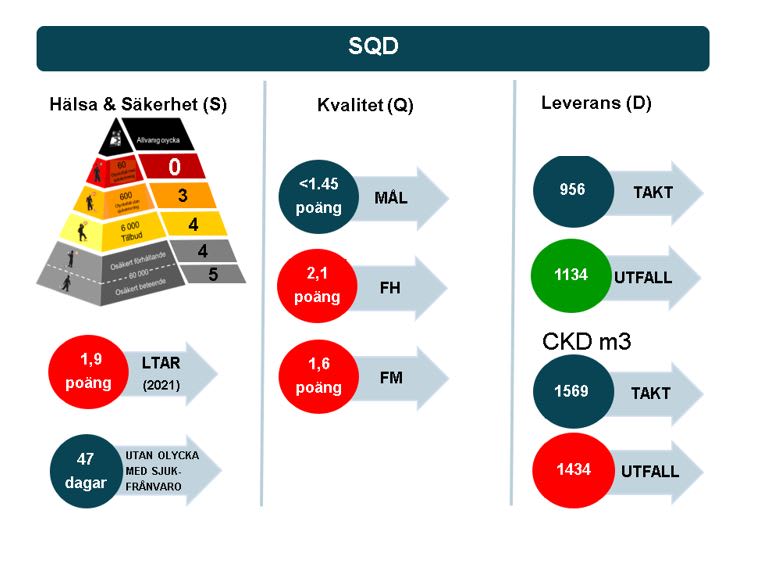Hello,
Lately, for no apparent reason the organisation I’m working at experienced a series of incidents, mainly to human error.
It’s the same team, the same procedures in place and yet the focus somehow seem to periodically slip away. None of the incidents had an H&S impact, however all had caused a downtime in the process.
In some instances, people have even skipped the procedural steps in assessing and documenting the risks as they have done the same task dozens of times.
After each rough patch the same thing is repeated – procedures are updated to catch the likes of the latest incident and more training introduced.
This works for a while and then the complacency ( I believe) takes over causing more incidents.
Is there any ‘magic wand’ to stay on top of peoples focus on everyday tasks. Any proven methods?
Regards
Lately, for no apparent reason the organisation I’m working at experienced a series of incidents, mainly to human error.
It’s the same team, the same procedures in place and yet the focus somehow seem to periodically slip away. None of the incidents had an H&S impact, however all had caused a downtime in the process.
In some instances, people have even skipped the procedural steps in assessing and documenting the risks as they have done the same task dozens of times.
After each rough patch the same thing is repeated – procedures are updated to catch the likes of the latest incident and more training introduced.
This works for a while and then the complacency ( I believe) takes over causing more incidents.
Is there any ‘magic wand’ to stay on top of peoples focus on everyday tasks. Any proven methods?
Regards

![[ponder] [ponder] [ponder]](/data/assets/smilies/ponder.gif)

![[openup] [openup] [openup]](/data/assets/smilies/openup.gif)
![[bigsmile] [bigsmile] [bigsmile]](/data/assets/smilies/bigsmile.gif)